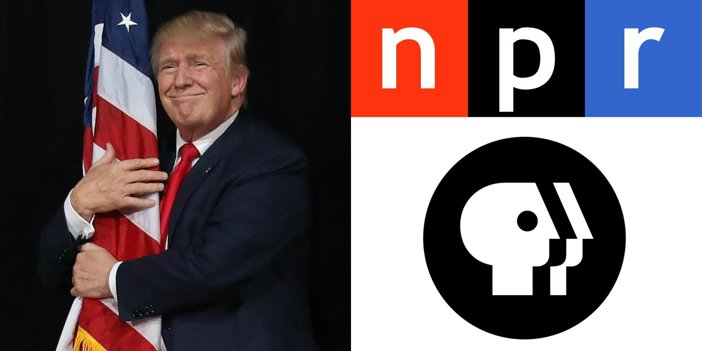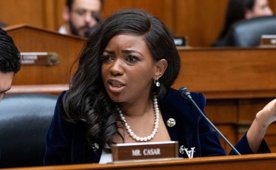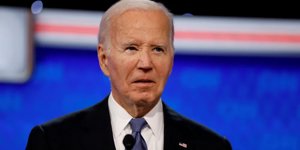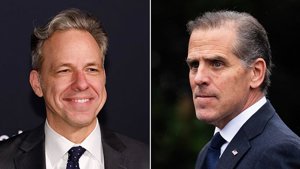
NPR Sues Over Trump’s Funding Ban
NPR and three Colorado stations sue over Trump’s defunding order, calling it unconstitutional retaliation.
Public Media Pushes Back Against Executive Order
NPR CEO Katherine Maher strongly criticized President Donald Trump’s executive order to eliminate federal funding for public broadcasters, labeling it a retaliatory act that violates constitutional protections. In an interview on PBS NewsHour, Maher called the move “a textbook example of viewpoint discrimination,” asserting it undermines the First Amendment rights of media institutions.
The executive order, signed earlier this month, directs the Corporation for Public Broadcasting and other federal agencies to cease funding NPR and similar outlets such as PBS. The administration justified the decision by accusing these institutions of promoting partisan, left-wing propaganda at the expense of taxpayers.
“NPR and PBS have fueled partisanship and left-wing propaganda with taxpayer dollars, which is highly inappropriate and an improper use of taxpayers’ money,” the order states. Trump’s administration argues the action aligns with its mission to enforce efficient, non-partisan use of public funds.
Lawsuit Filed Against the Order
In response, NPR, along with three Colorado-based public radio stations—Colorado Public Radio, Aspen Public Radio, and KSUT—filed a federal lawsuit challenging the order. Maher declared in a public statement that the directive violates the U.S. Constitution and the Public Broadcasting Act of 1967, which was established to safeguard public media from political interference.
“By blocking funding to NPR and PBS, it is a form of retaliation against our organizations for airing editorial programming that the president might disagree with,” Maher stated. She emphasized that NPR remains committed to presenting a wide range of perspectives and does not favor any political party.
PBS has not joined the lawsuit but is currently evaluating its options. “PBS is considering every option, including taking legal action, to allow our organization to continue to provide essential programming and services to member stations and all Americans,” said PBS spokesperson Jeremy Gaines.
Debate Over Bias Intensifies
During the PBS interview, anchor Geoff Bennett raised concerns over accusations that NPR harbors a liberal bias, citing criticism from Republicans and former NPR editor Uri Berliner. Berliner had resigned in 2024 and published an essay criticizing NPR’s lack of ideological diversity. Maher dismissed the claim, stating that NPR is a non-partisan organization focused on broad and inclusive coverage.
“We do not seek to favor any political party at all,” Maher said. “We seek to ensure that Americans have a wide range of perspectives available to them.”
In response to Maher’s remarks, a White House spokesperson stated that the President is lawfully exercising his authority to curb funding for organizations that support political agendas using taxpayer funds. The administration reiterated its stance that public broadcasting must reflect neutrality and fiscal responsibility.
As the legal challenge proceeds, the confrontation highlights the broader national debate over media independence, public funding, and the role of government in shaping journalistic content. The outcome of the lawsuit could set a precedent for future executive actions involving federal support for public media.






